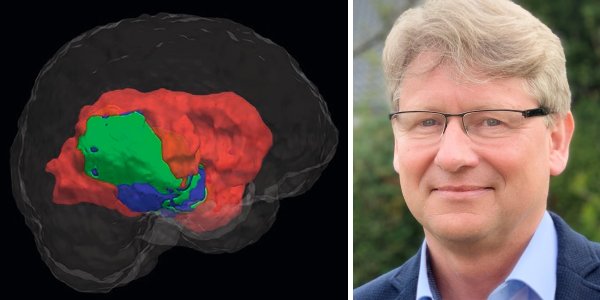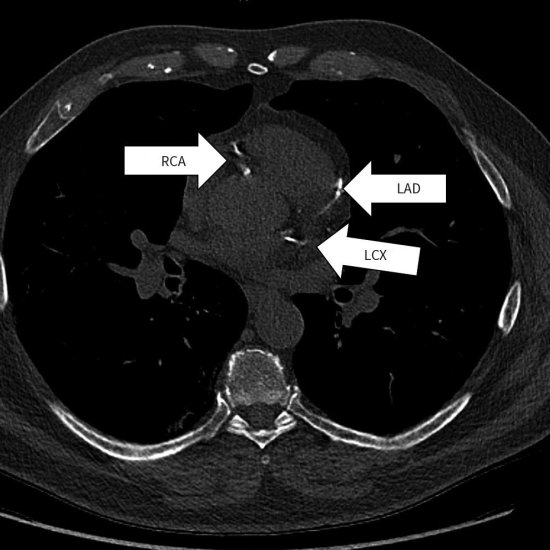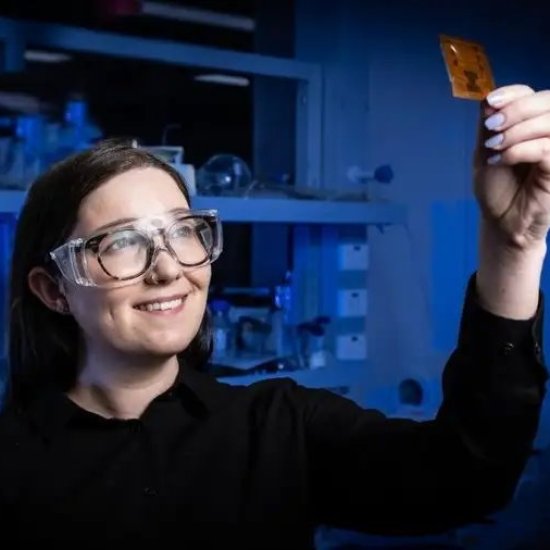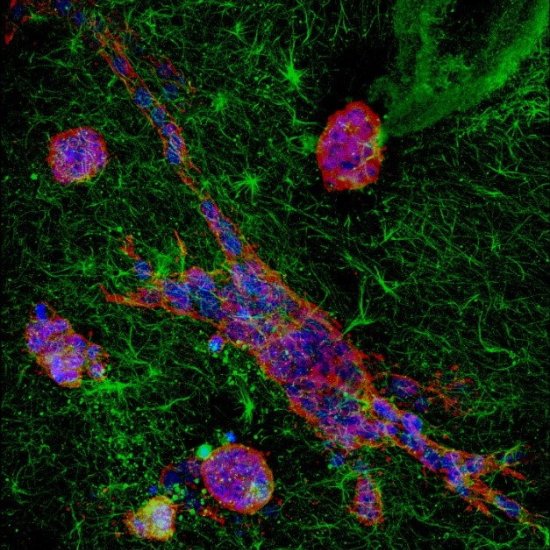
|
|
Good or bad, healthy or diseased? Drawing the line between normal tissues and those affected by pathological changes is a key challenge in healthcare. AI tools show great promise in assisting clinicians with this decision, potentially making the difference between disease-free survival, cancer remission, or lifelong disabilities. Given the high-stakes nature of this task, the development of these algorithms requires the utmost care to ensure reliable results. In this issue, we also explore the unexpected benefits of lung cancer screening, the future of implantable cardiac devices, the design of healthcare spaces and more. Enjoy reading!
|
|
 |
Article • AI-assisted image analysis
Precise segmentation of anatomical structures greatly benefits cancer diagnosis. Using AI and deep learning methods, researchers are developing a high-precision 3D viewer software for medical image data. |
Sponsored • Patient positioning
Discover in only one minute, how the Get Up holding system sustainably assists both patients and medical staff. |
|
News • Coronary artery disease detection
As new research shows, low-dose chest computed tomography (CT) can identify coronary artery calcium, a strong risk factor for coronary artery disease (CAD), in patients without cardiac symptoms. |
|
Sponsored • Beyond average
As pharmacological options for subclinical Atrial Fibrillation and atrial high-rate episodes continue to run into challenges, new research suggests more physiological pacing solutions can help reduce risks of progression to clinical AF. |
|
News • Effects of accelerated atrial pacing
Treatment options for diastolic heart failure are very limited. Using a 'virtual heart' model, researchers now found that speeding up the heart rhythm with a pacemaker could be a solution. |
|
Article • Experts explore the future of CSP, CRT, ICD
Opposing views on new implantable cardiac devices were aired in a Great Debate session at the European Society of Cardiology’s annual 2024 congress in London. Experts discussed emerging techniques and technologies and debated whether they are ... |
|
Article • Artificial intelligence meets internal medicine
In the world of theatre, the ‘deus ex machina’, the god from the machine, is a dramaturgical trick to resolve seemingly unsolvable conflicts. Can artificial intelligence (AI) also be such a universal problem solver for internal medicine? At the ... |
|
News • Shared decision-making
Who should contribute to decisions about health care space design? A new publication discusses the benefits of professional diversity in hospital design working groups. |
|
News • Longitudinal study
Analysing almost a decade of hospital data, new research shows a clear association between high turnover rates of nurses and doctors in NHS hospitals and a troubling rise in patient mortality rates. |
|
News • Environmental health
Exposure to air pollutants (PM2.5 and PM10) is associated with an increased risk of persistent long-Covid symptoms, partly due to its impact on the severity of the acute infection, a new study shows. |
|
News • Solving the key constraints of PET substrates
A research team has found wearable organic x-ray sensors could be the answer towards safer radiotherapy protocols for cancer patients, reducing the debilitating side-effects of the treatment. |
|
News • Emergence of E. coli
Two studies indicate warning signs about spread of bacteria resistant to the same group of antibiotics (carbapenems) in both healthcare and community settings across Europe. |
|
News • New insights on aneuploid epithelial cells
A certain type of cells, called aneuploid epithelial cells, are usually associated with breast cancer. However, new research reveals that they can also be found in healthy women. |
|
News • Tumour movement across tissues
A new study shows how inherent variations in a cancer cell and its interactions with its surroundings mould its migration. The findings provide valuable insights into the processes behind metastasis. |
|
|
|
| |
You are receiving this email because you subscribed to our newsletter on healthcare-in-europe If you don’t want to receive this newsletter anymore, click here to unsubscribe.
Keep up-to-date on the latest news from all hospital-related fields!
Subscribe to our bi-monthly newsletter. Copyright © 2025 mgo fachverlage GmbH & Co. KG.
All rights reserved. E.-C.-Baumann-Straße 5, 95326 Kulmbach, Germany
email: newsletter@european-hospital.com |
|



|
|














